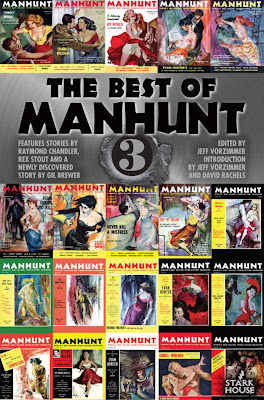The book begins with Helm in a place he describes vaguely as “let's call it Costa Verde”, an unknown banana country in South America. His mission is to carry a heavy sniper rifle through the jungle, meet up with a resistance fighter named Jimenez, and help assassinate the country's newest political rival. After snubbing a revolution, Helm's job is through, and he can head back to Washington. But like most Helm novels, things don't go quite according to plan. During the successful assassination, Helm finds two surprises. First, a nuclear warhead that was probably smuggled from the Russians. Second, a former Nazi senior leader whom Helm recognizes from a prior mission.
In Washington, Helm receives a backhanded compliment from his direct Mac – praise for succeeding on the assignment. But Mac's associates scold Helm for ignoring two international threats during the mission. Defensively, cool-headed Helm dismisses their Monday morning quarterbacking and expresses interest in his next mission.
The fallout from the assassination is now spreading into southern New Mexico. In a quiet suburb, the former Nazi leader that Helm identified is now setting up shop for a new movement. Helm's job is to team with a reserved, previously traumatized agent named Sheila to expose the leader and quell this new Nazi uprising.
Hamilton's prose is a smooth telling of espionage in a conversational tone. Both Helm and Sheila work well together, creating a cohesive fighting pair that both complement each other's scarred pasts. When the two find themselves at odds with a Russian spy (lovely as ever) they must jeopardize the mission to stop a much larger threat. There's plenty of mountainous terrain, gunfire, fisticuffs, and tepid lovemaking, but the real main event is always Helm's thoughts. In a generous first-person perspective, Helm talks to the reader in a way that is just uniquely captivating.
I paired my reading of Hamilton's narrative with listening to Stefan Rudnicki's gripping audio narration. Either way, your experience with The Ambushers will be thrilling. Highly recommended. Get a modern reprint HERE or vintage copies HERE.















